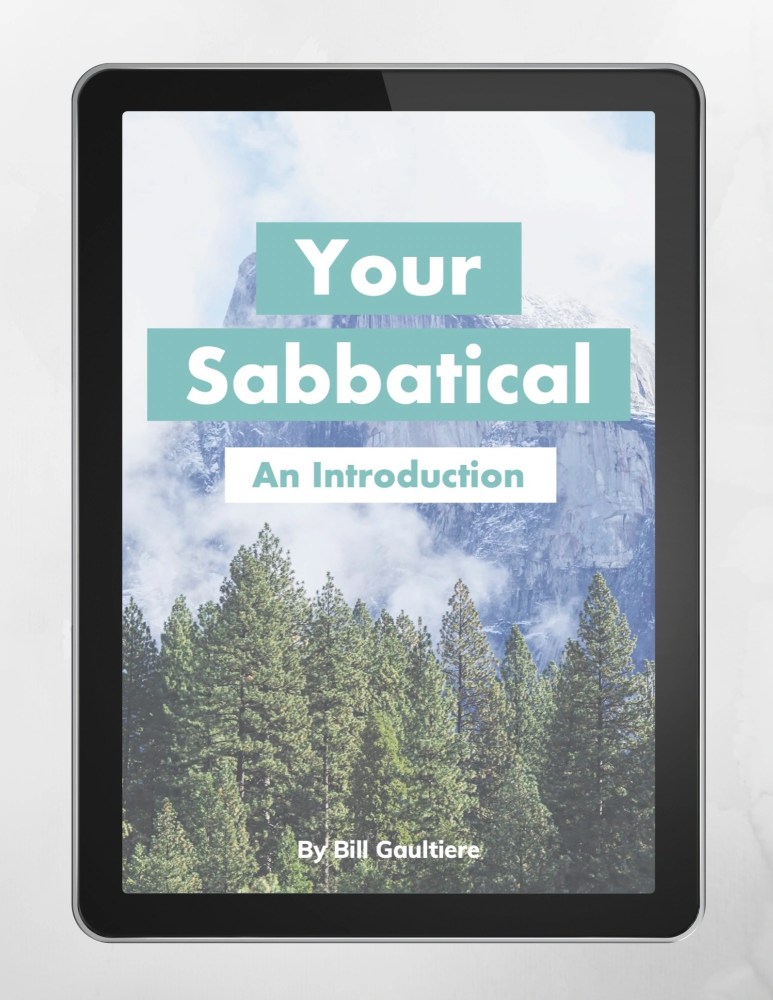While fasting Jesus said, “My food, is to do the will of him who sent me and to finish his work” (John 4:34).
Fasting as a discipline for the spiritual life is a practice of abstinence or self-denial. Jesus taught us, “When you fast do not be somber, but be happy as you look to your Father in secret who will nourish and bless you” (paraphrased from Matthew 6:16-18).
Biblical fasting is not primarily for physical health, but for prayer.
What is Fasting?
The normal way to fast is to choose to go without food but drink plenty of water, perhaps for one meal or a 24-hour period. It’s important to know your body and learn about fasting before you begin a fast, especially with a longer fast of three days or more, because it can be dangerous to your health (e.g., if you’re diabetic or have a digestive disorder). It’s especially important not to go too long without water.
Fasting just one meal or doing a partial fast are good ways to begin experimenting with fasting and they can be very effective. Partial fasts include limiting yourself to juices, abstaining from meat, eliminating sugar and junk foods, or eating significantly less than normal.
Also you can fast from things other than food, like media, shopping, or judging other people.
Bible Verses on Fasting
The Bible teaches the value of fasting and gives us instructions on fasting to enjoy God’s love, turn away from destructive behavior or attitudes, and to focus on prayer.
Here are some Bible verses on fasting for study and meditation: Matthew 6:16-18, Luke 2:37, Luke 4:2-4, Acts 13:2-4, Acts 14:23, Isaiah 58:3-7, Joel 2:12-13, Daniel 9:3-5, Daniel 10:3.
The Benefits of Fasting
As you gain experience with fasting you will discover how dramatically it helps you to rely on God and concentrate in prayer. That’s because fasting can help to set you free from bodily habits or life distractions that are hindering your prayer connection to God.
At first you may not feel that fasting is helping you to pray. Fasting is a purgative or cleansing discipline that can increase awareness of personal struggles. For instance, when you’re learning too fast you may have challenges with feeling hunger, fatigue, headaches, easily frustrated, deprived of food, convicted of sin, or hurtful memories.
You may discover that you’ve been relying on food to provide comfort, fullness, rewards, energy pick ups, or simply having something to look forward to.
It’s very helpful to grow in self-awareness because then you can pray about those issues and practice relying on God’s comfort and guidance.
Best Practices for Fasting
With practice fasting you really can discover that fasting is feasting! By praying Scripture while you fast it can give you strength and purpose.
Here are some examples of Soul Shepherding resources to help with fasting and prayer:
- Start small with a short fast or a partial fast.
- Use Hungry Heart Scriptures to cultivate your desire for God as you continually turn your thoughts from physical hunger to your deeper hunger for God and his Word. (You can also use “Fasting is Feasting: a Scripture Prayer.“)
- Intercede for someone in need with concentrated prayer.
- Seek discernment from God about an important decision.
- Talk with a spiritual director about your experience with fasting.
- Use fasting to Watch and Pray in order to learn rely on Jesus’ care for you rather than seeking false comfort from overeating, lusting, reacting in anger, using alcohol, overworking, judging other people, or gossiping.
- Practice relying on the Holy Spirit and not your natural energies and abilities as you minister, preach, serve the hungry (physically or spiritually), or do your work for the glory of God.
- Draw close to Jesus during your fast by meditating on the Gospel readings in Unforsaken: Journey With Jesus on the Stations of the Cross.
Other Spiritual Disciplines Related to Fasting
These practices of abstinence from our Spiritual Disciplines List can be practiced as ways to fast:
- Solitude and Silence: Being alone in a quiet place to practice silent prayer, Scripture meditation, and soul care.
- Sabbath: Worshipping God and resting in his love, by not working or being productive.
- Secrecy: Doing good deeds of love for others in secret.
- Submission: Not seeking to have your own way, but looking to God to lead you, including through other people.
- Chastity: Abstaining from sexual gratification, even in marriage for a time, to rely on God’s love.
- Sacrifice: Forsaking a need or dream and trusting that God and his provision are enough for you.
- Vigil: Going without sleep for a time in order to pray about a matter of urgent concern.






